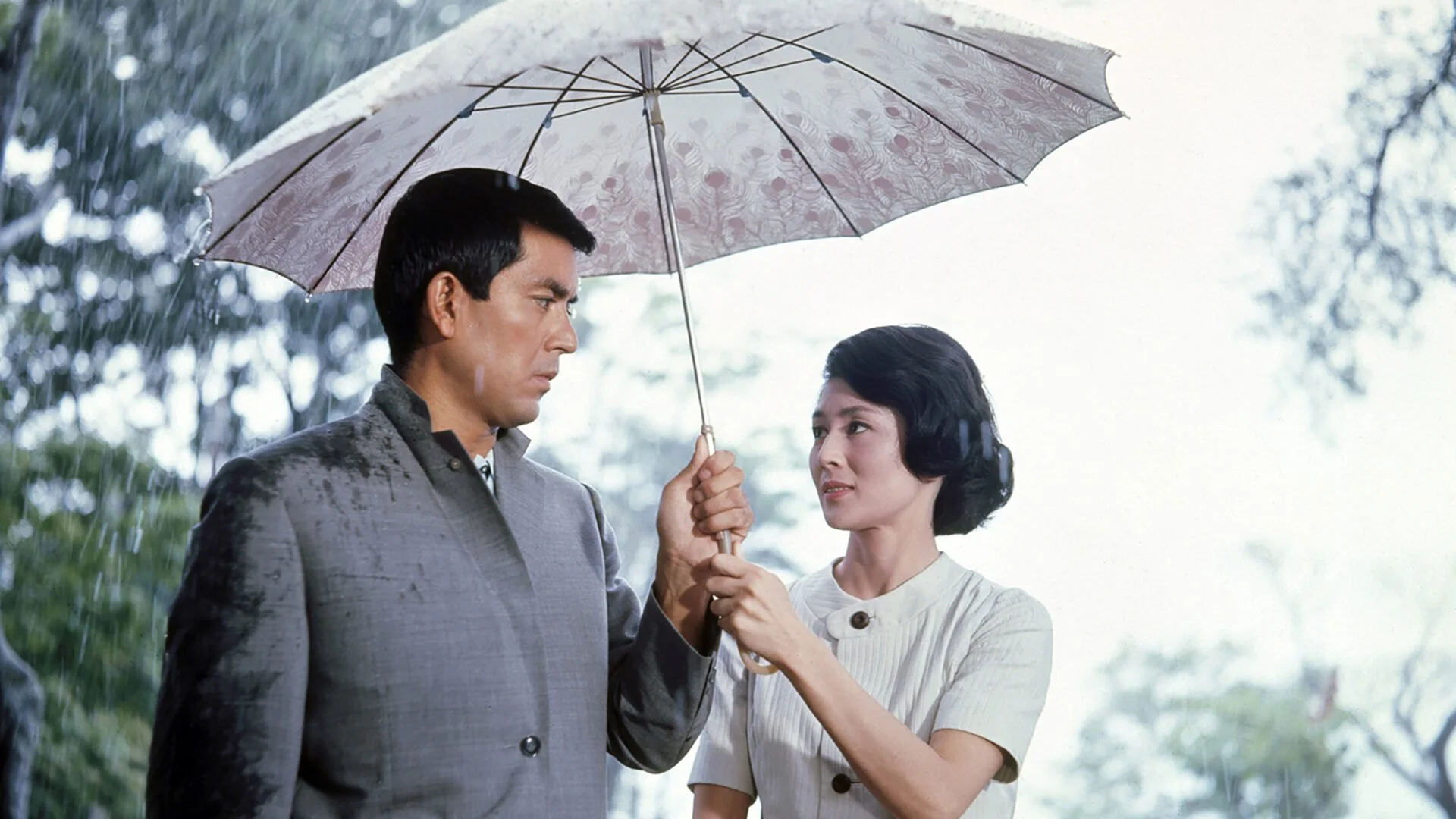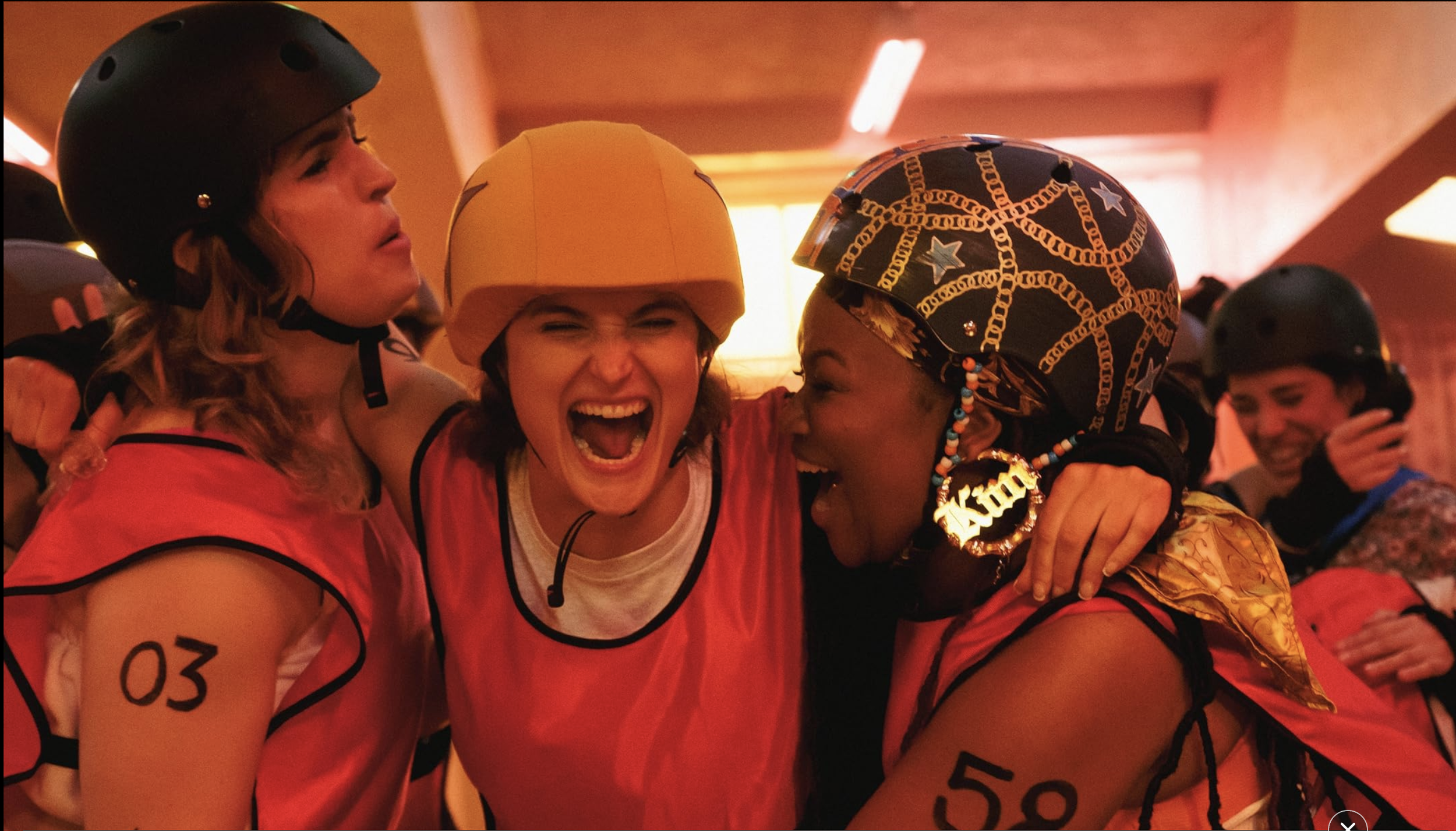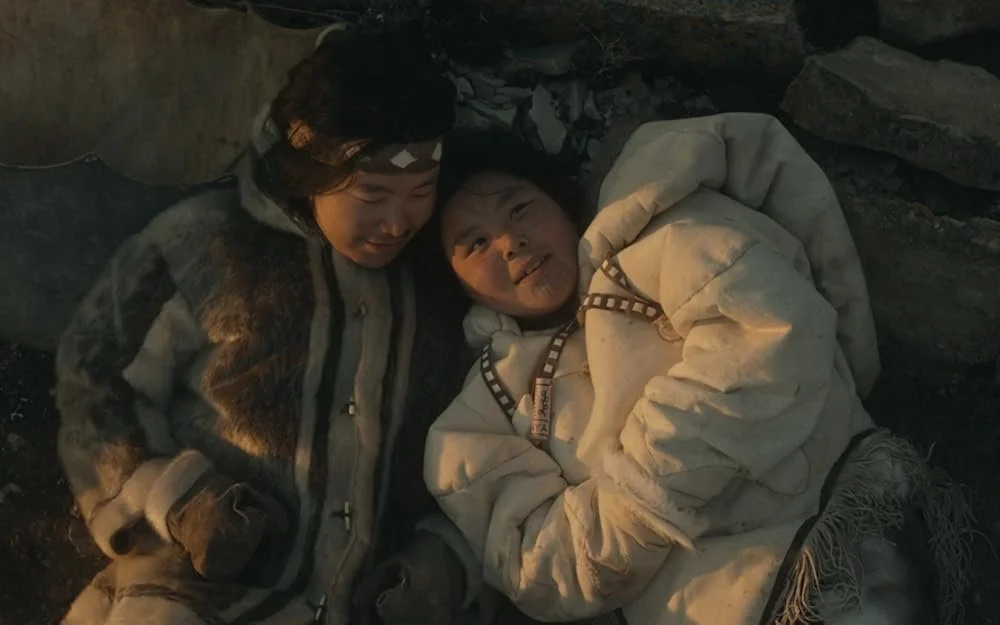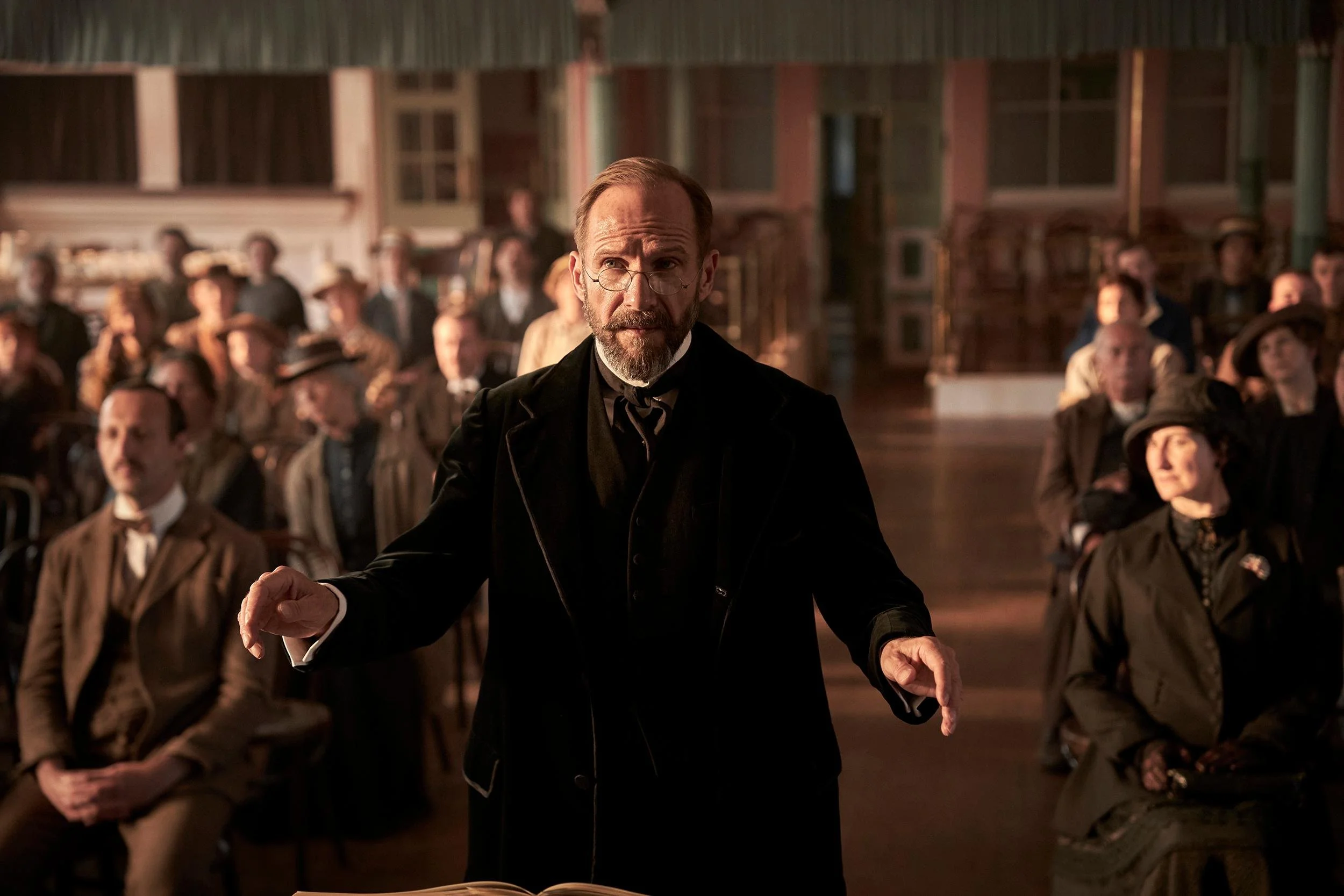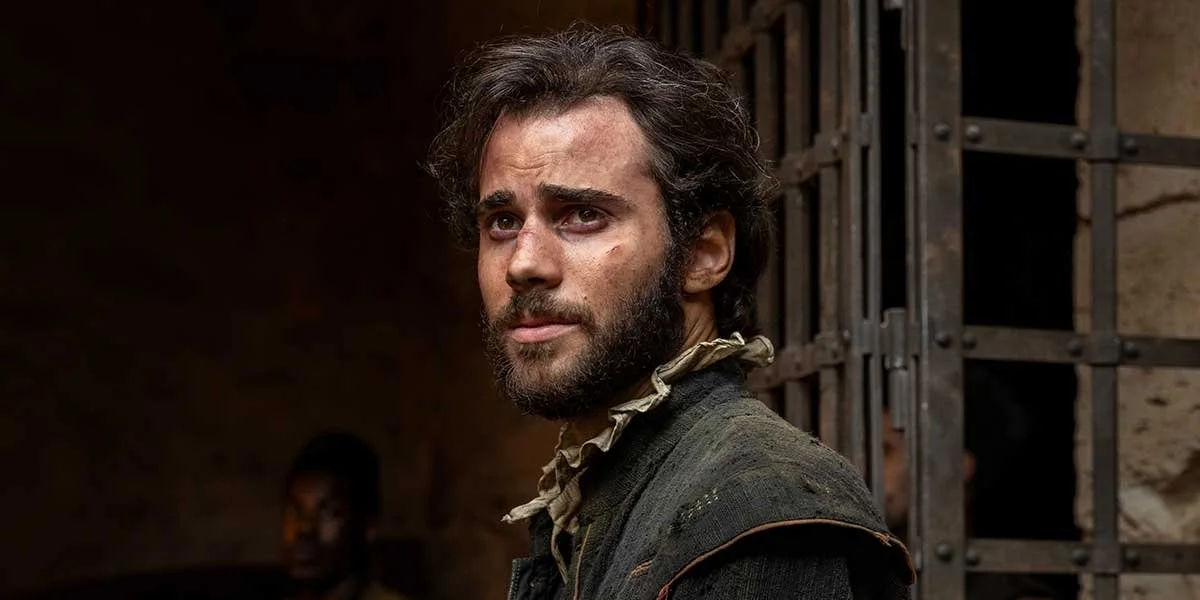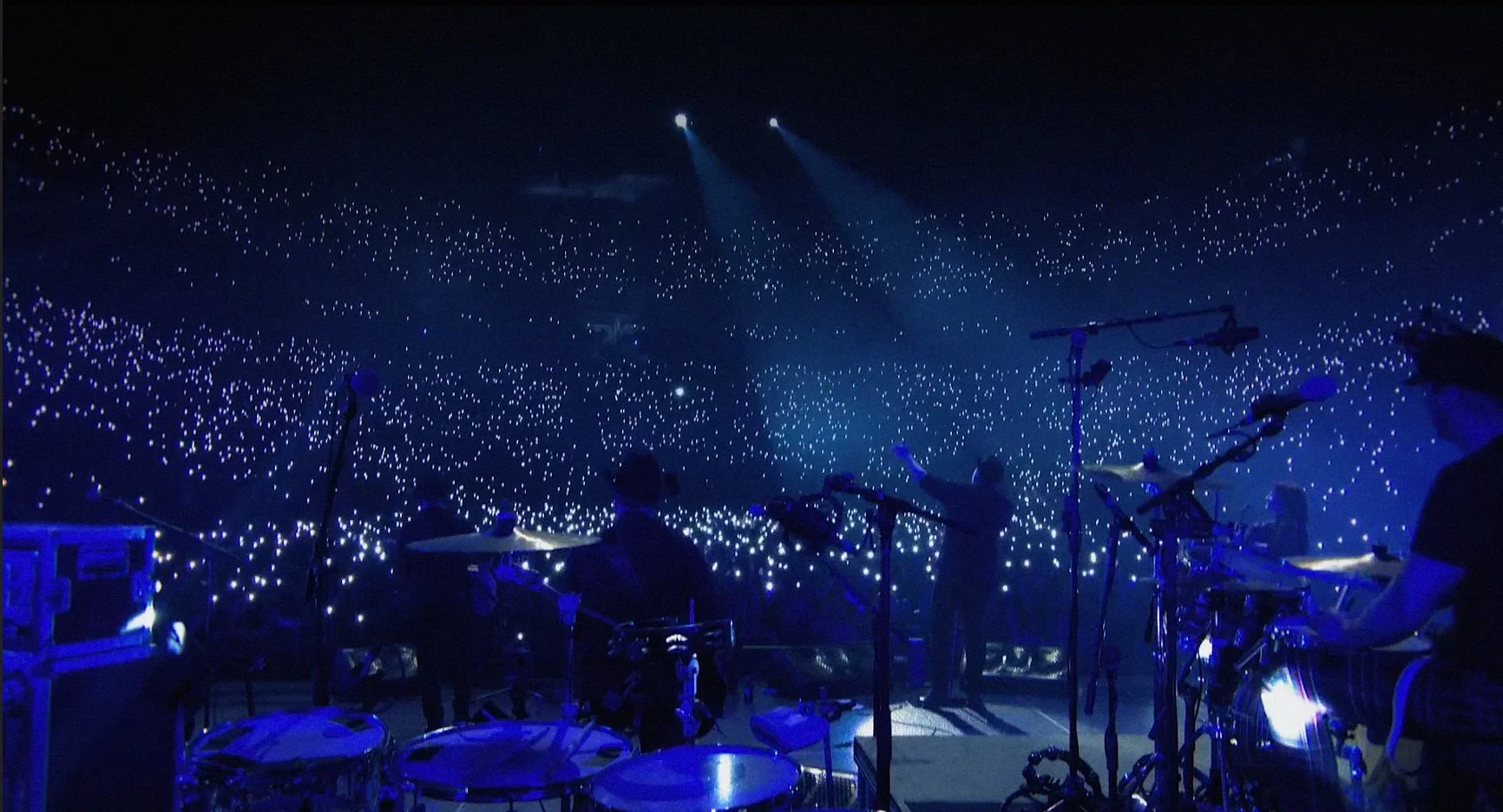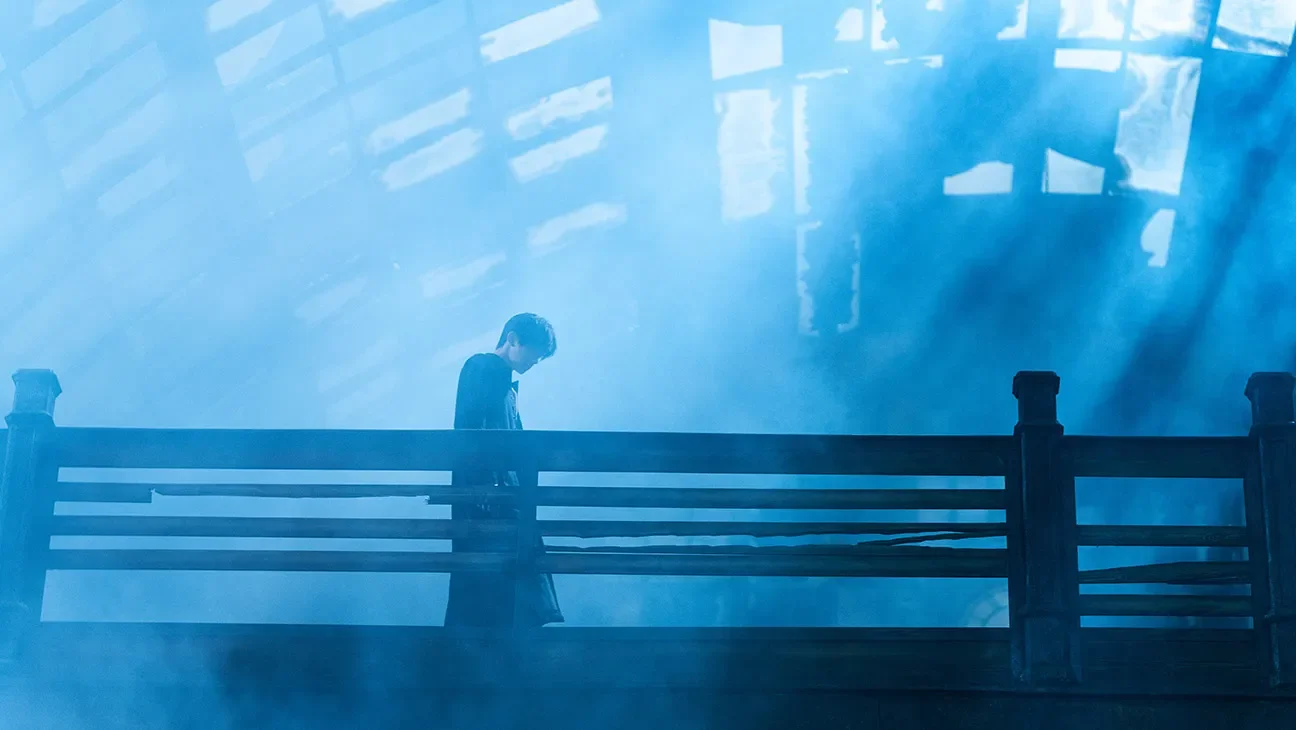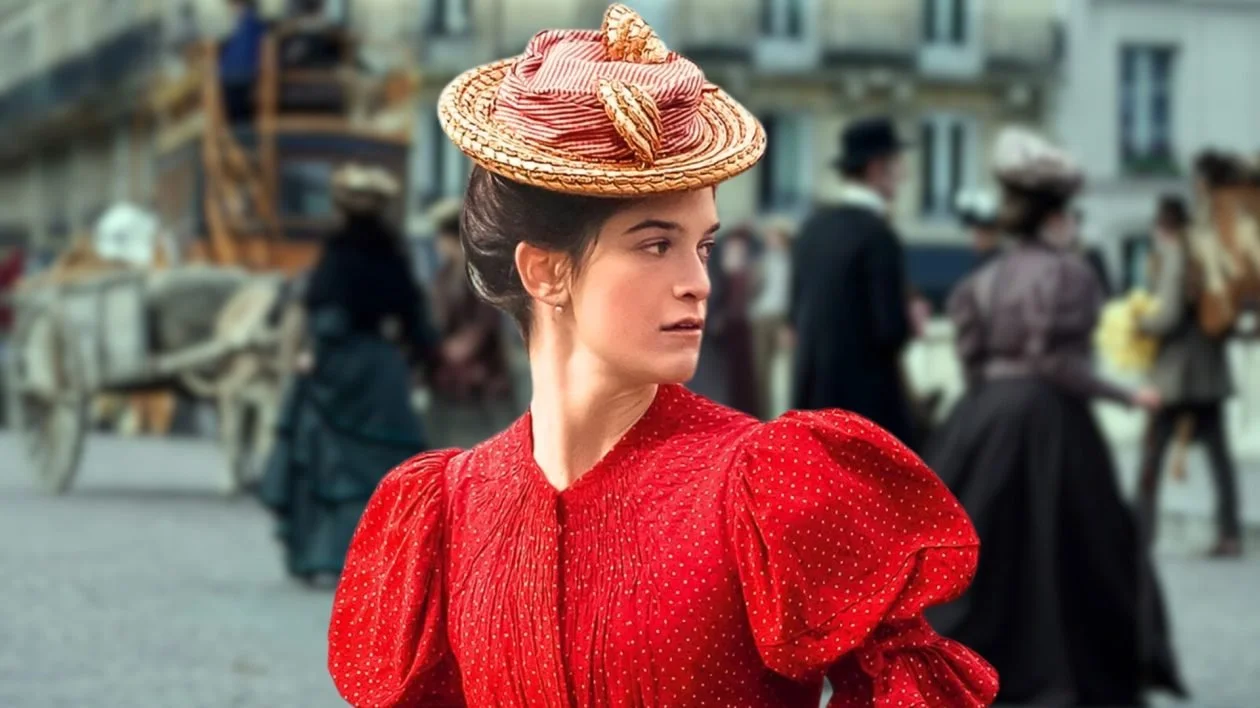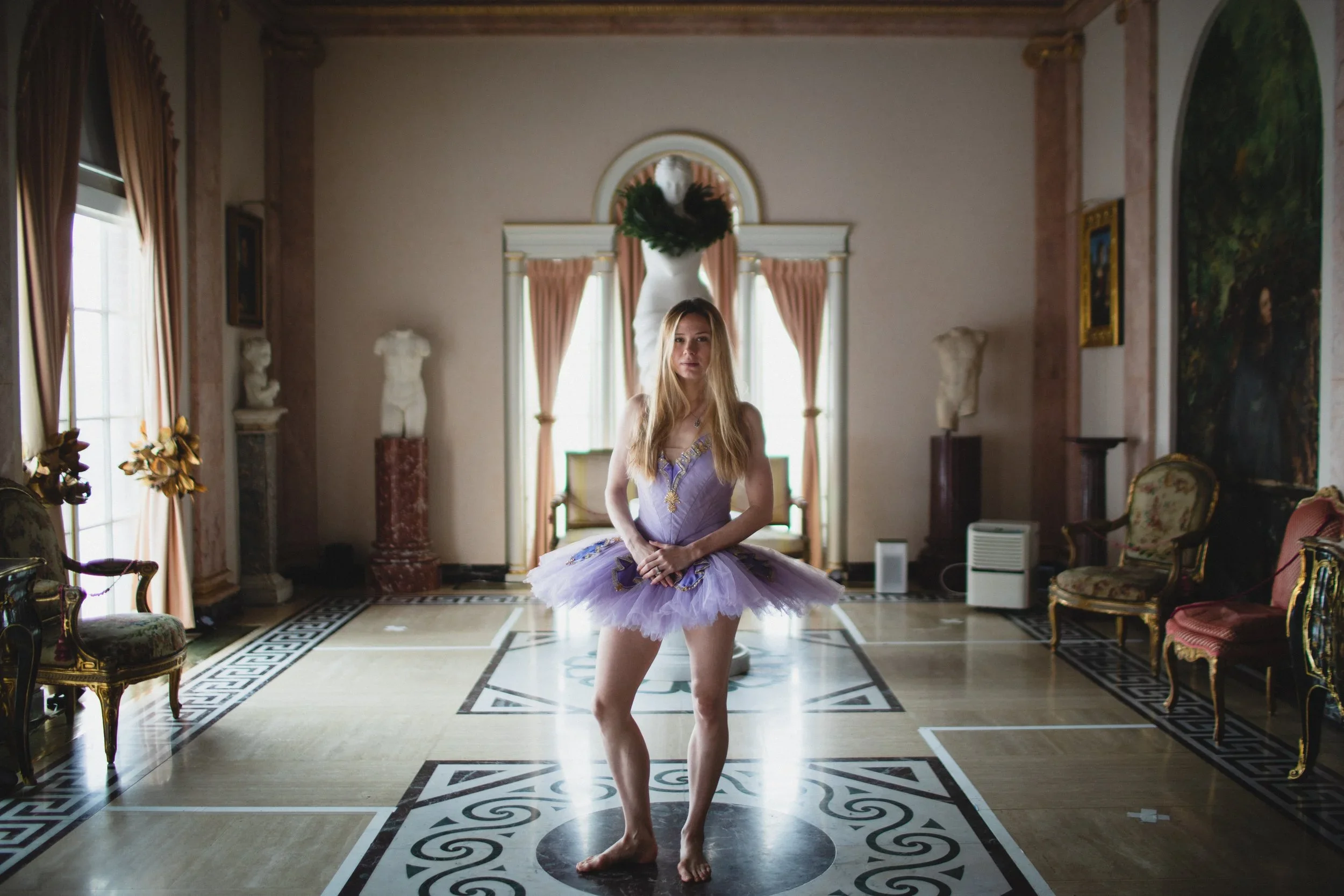Some Assembly Theatre Company's The Identity Bureau explores the urge to confine people to categories
Set in the near future, youth-created production aims for message of inclusivity and acceptance
Some Assembly Theatre Company’s The Identity Bureau, with actors Mitch Broome, Fox Hunt, and Avan Stewart. Photo by Gaetan Nerincx
Some Assembly Theatre Company presents The Identity Bureau at the Roundhouse Performance Centre from April 28 to May 2, with showings at 7:30 pm on April 28 and 29 for the general public
LAST SPRING, theatre artist Valerie Methot set out to talk to young folks in Vancouver about the damaging effects caused by their identities being disrespected at school, among family members, or elsewhere. In those conversations, an overwhelming amount of youth shared that they don’t understand why certain people can’t accept them for who they truly are.
As founder and artistic-executive director of Some Assembly Theatre Company, Methot has created, produced, and directed more than 30 plays with diverse youth and artists about issues that young people face—and The Identity Bureau continues that impactful legacy.
“Why is it that someone might have an issue with someone else’s identity? Why would that person feel like it’s any of their business, you know, who someone is?” asks Methot over a phone call with Stir before the play’s world premiere. “Each person has the gift of living their own life. And I truly believe that there’s such absurdity when we can’t simply decide who we truly are.”
The Identity Bureau pulls its inspiration from real-life conversations with diverse young people ages 10 to 22, weaving a narrative that reminds audiences of the importance of respect and inclusivity. At once thought-provoking, heartwarming, relatable, and humorous, Methot’s production emulates a bureaucratic process that confines complex, multifaceted individuals into tiny boxes.
The fictional “identity bureau” is a place that assigns identities and traits to all citizens. Set in the near future, the story takes place on the last day that people can make identity updates and pay fines before a big system rehaul is implemented. While it’s meant to create calm, the bureau incites chaos when people no longer get to decide who they are.
One aspect of identity that Methot says she discussed often in conversations during the creative process was the idea that several parts of a person’s character can be decided and are fluid, while some other components stay consistent—like love.
The Identity Bureau’s conception coincided with the death of Methot’s mother. As she pondered her mom’s place in the universe, Methot says she launched into a deeper investigation of the parts of a person that stay consistent.
“She’s gone, but her identity is still somewhat present with me, and I still have a connection with her. And that connection—the core of who she was, and our connection—is love,” shares Methot. “So I think at the core of who we are, and what is consistent, is love. And maybe sometimes it’s hard to uncover that, because we live such complex lives: we have constant obstacles, and struggles, and day-to-day responsibilities.”
Many of the youth she interviewed also pointed out that consistent identity traits lie in how we treat others, and how we try to treat ourselves, too. Cultural heritage, roots, and history are consistent as well—but what people choose to do with those traits becomes a branch of fluidity.
In the hopes of looking beyond traditionally documented identity markers like name, sex, and date of birth, Methot asked some of the young folks what sort of information they would want to write on their government issued ID if they had the option of choosing. She says she was surprised by many of their answers.
“I heard from some youth that they didn’t want anything about themselves on the ID. That threw me, and I found that to be a little bit sad,” voices Methot. “I remember one moment in particular when an individual said that, I asked, ‘Why?’ And he said, ‘There’s nothing important about me to put on an ID.’ And I said, ‘Well, I’ve only known you for about 20 minutes, and I can already tell there’s lots of important things about you.’”
With the help of filmmaker Sally Zori, video clips of the young artists talking will be projected onto the stage’s backdrop of giant ID cards, with audio snippets of their voices integrated into sound design by Patrick Graham. This captivating combination allows audiences to both see and hear the diversity of the stories being told.
“I just really felt like it was such a gift to be able to be involved in this project, and to listen to what youth had to say, and to be able to be in conversations with young people—to highlight that we’re all different,” Methot says. “We’re all unique, everybody has a unique identity. And we’re all meant to be here. And hopefully we can learn from each other, and learn how to respect one another, and live in this world that is inclusive—because everybody does matter.”




